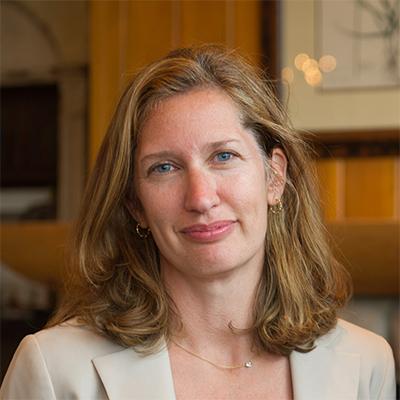First in a CRPE Blog Series on Education Governance as a Civic Enterprise
Those of you who follow CRPE’s work know that we have long been a leading source of ideas about new approaches to public oversight of schools. One of our core beliefs regarding governance is that public schools can, and should, be given the freedom to solve problems and innovate while still being held accountable for equity and high performance.
Today, the face of urban public school governance is changing. More than 35 cities across the country are using the portfolio strategy to transform their school districts into promoters of innovation and choice. Cities that adopt the strategy (which many readers will know has been a centerpiece of CRPE’s research agenda) create diverse options for families in disadvantaged neighborhoods by opening new high-performing, autonomous schools; giving all schools control of budgeting and hiring; and holding schools accountable to common performance standards. Many states are creating new entities, like New Orleans’ Recovery School District, to facilitate all-charter systems. And many more cities have a complex mix of state and local charter authorizers and district-run schools.
City leaders are experimenting with new approaches to governing schools, sometimes with great intention and sometimes just to try to disband the old system in hope of something better. It isn’t clear where these experiments will end up, but it is clear that, at least in some corners of urban education, we are in the midst of a fundamental shift in governance. This shift is promising, but cities engaging in any of new oversight models will encounter tough transition issues and will need evidence about what is working well and what isn’t. We need answers to questions like these:
- Will portfolio school districts be able to completely abandon a preference for schools they operate and offer the same resources to all schools no matter who runs them?
- Will they burden schools with new requirements and undermine innovation?
- Will forward-thinking superintendents and mayors who are trying to reinvent big-city school districts face overwhelming political pressure to move back to the status quo?
- Will charter authorizers and CMOs recreate the same bureaucratic dysfunctions as school districts?
- When no one government entity oversees all schools in a city, who will identify children whom no school is serving well and develop options for them?
- What happens when school districts or authorizers fail to hold schools accountable, and how can that be avoided?
- How will accountability be managed when children take courses from multiple providers?
With support from the Laura and John Arnold Foundation, CRPE will gather evidence to begin to answer these questions. This $2 million, two-year grant will allow CRPE to broaden and accelerate its work by studying new governance ideas as they are put into practice, formulating new ideas for governance structures and strategies, and providing city leaders with political and implementation strategies to support effective governance. We’ll highlight the most ambitious ideas and the most promising results in an annual report.
No governance model available now can reliably foster choice, innovation, and healthy competition to ensure that all students have access to effective schools, while at the same time maintaining public responsibility for equity and accountable use of public funds. We need to develop entirely new frameworks and an evidence base for understanding governance as a civic enterprise, one that makes full use of the talents of people in the arts, higher education, business, museums, and cultural institutions. Public education cannot be run by a politics-ridden bureaucracy or by unaccountable private interests.
We at CRPE are looking forward to helping figure out, test, and refine new alternatives. As we engage in this new research and assistance to cities and states, we hope to advance new ways of governing schools that will carry U.S. students forward on a trajectory of confidence and success.
Stay tuned…



